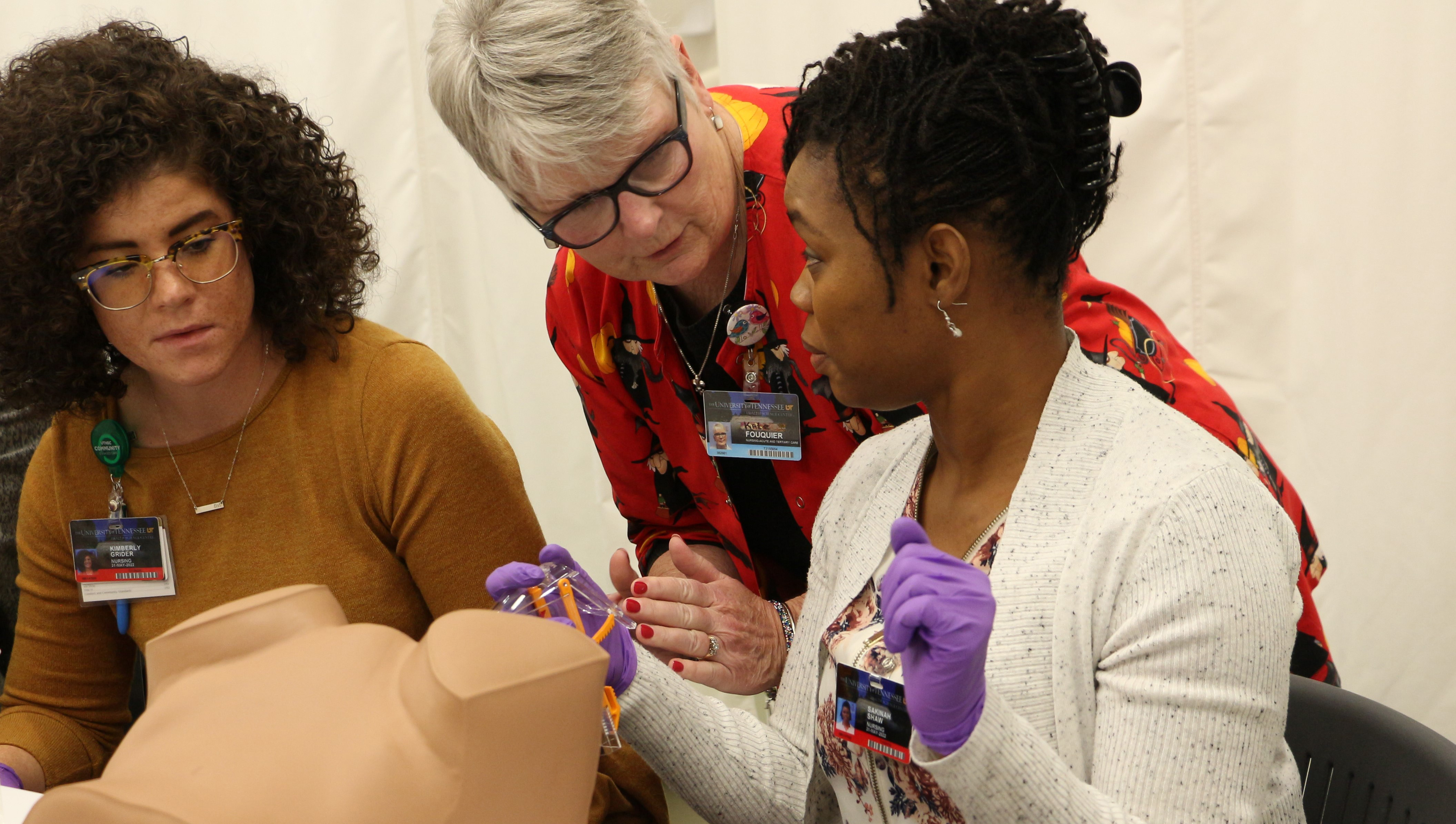DOI
10.21007/con.dnp.2024.0090
Faculty Advisor
Jacqueline Sharp, DNP, APRN, PMHP-BC
Document Type
Poster
Publication Date
Summer 4-29-2024
Disciplines
Cognitive Behavioral Therapy | Community Health | Medicine and Health Sciences | Mental Disorders | Nursing | Psychiatric and Mental Health | Psychiatric and Mental Health Nursing | Public Health and Community Nursing | Quality Improvement | Substance Abuse and Addiction
Abstract
Background The Centers for Disease Control and Prevention (CDC) found that each day more than 140 U.S. residents die from drug overdoses, specifically due to opioids. Due to this, alternatives were created to reduce overdoses and ensure safety. Medication assistance therapy (MAT) is an effective form of treatment for people with substance use disorders and is defined as the use of medication in conjunction with counseling or therapy for the treatment of substance use disorders. The efficacy of MAT is used adjunctively with psychotropic medications compared to using no MAT and using psychotropic medications alone with individuals who are experiencing first-episode psychosis and have a co-occurring substance use disorder with an overall goal to reduce hospital re-admissions and psychosis.
Methods Many sources such as Google Scholar, EBSCO, Elsevier, and the University of Tennessee Health Science Center (UTHSC)’s electronic library. All articles that were chosen were critically appraised via rapid critical appraisal to identify the type of evidence and study such as randomized control trials, cohort studies, and systematic reviews. strategically selected articles that also had recommendations to treat substance use disorder and first-episode psychosis.
Results Many articles came to the same conclusion that for a patient who is experiencing their first episode of psychosis and MAT treatment with psychotropics is initiated at this time, the overall patient outcomes in terms of hospital readmission rates and quality of life are better. There were inconclusive results on hospital admission rates likely due to the nature of the patients that researchers are dealing with for these studies.
Conclusion To conclude, it is apparent that the correlation between substance use disorder and psychiatric illness is complex and difficult to treat concurrently. More research is needed to fully understand its efficacy when used adjunctively with psychotropic medications in individuals experiencing first-episode psychosis.
Recommended Citation
Williams BSN, RN, Kayla Sherea; Brenner BSN, RN, Hannah Lee; Yount BSN, RN, Madison Makenzie; and Sharp, Jacqueline DNP, APRN, PMHP-BC , "Medication Assisted Therapy and first episode psychosis: Evaluating treatment and readmission rates" (2024). Doctor of Nursing Practice Projects. Paper 90. http://dx.doi.org/10.21007/con.dnp.2024.0090.
https://dc.uthsc.edu/dnp/90
Included in
Cognitive Behavioral Therapy Commons, Community Health Commons, Mental Disorders Commons, Psychiatric and Mental Health Commons, Psychiatric and Mental Health Nursing Commons, Public Health and Community Nursing Commons, Quality Improvement Commons, Substance Abuse and Addiction Commons


